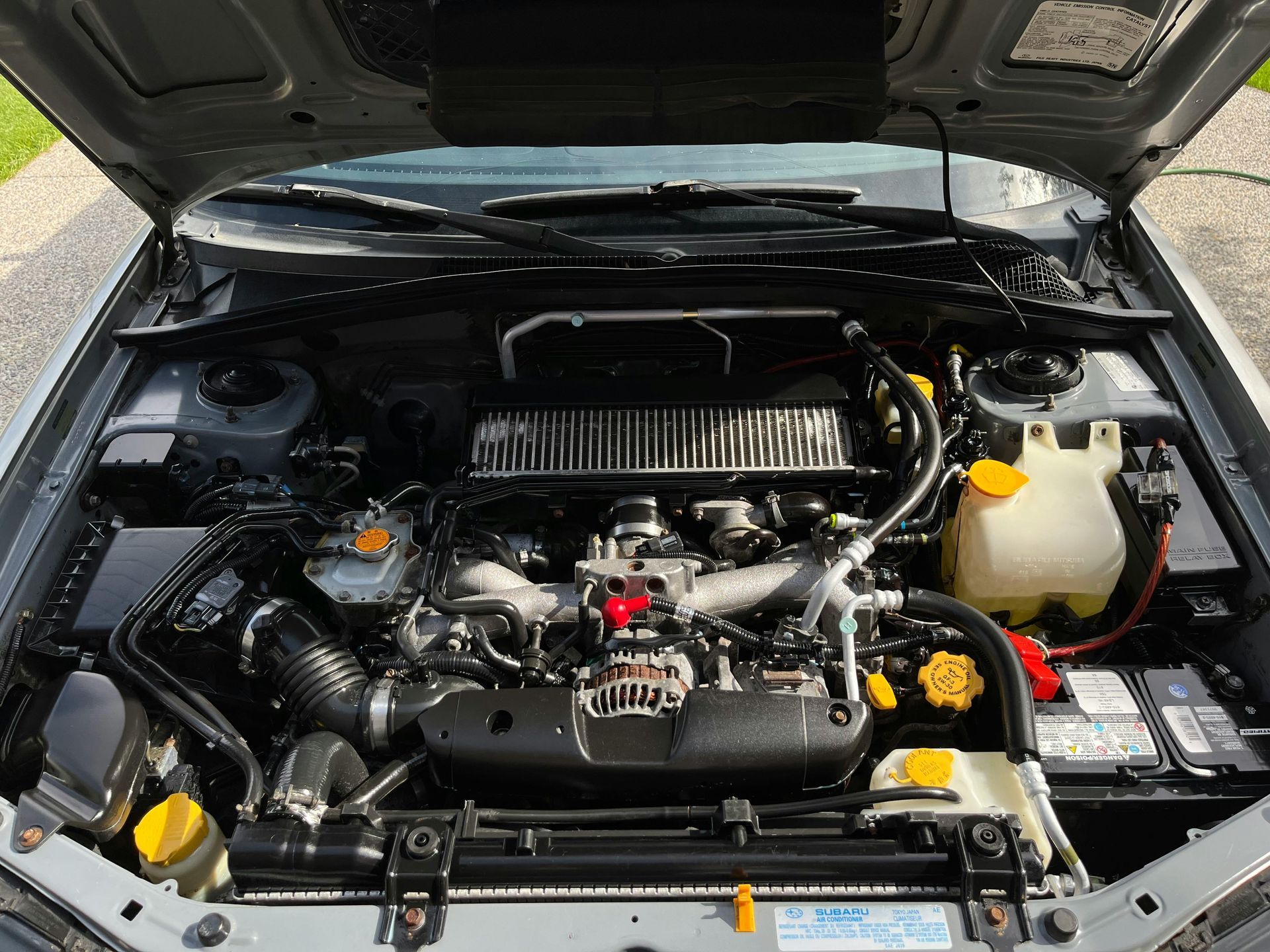How Often Should You Really Change Your Oil?
Oil changes are one of the most fundamental, yet frequently misunderstood, aspects of vehicle maintenance. At Auto Surgeon Inc in Lansing, MI, we often hear questions like “Do I really need to change my oil every 3,000 miles?” or “Can I wait a little longer between oil changes?” The answer isn’t always one-size-fits-all—and understanding why can help you save money, extend your engine’s life, and stay safer on the road.
In this post, we’re diving deep into everything you need to know about oil change frequency, the factors that affect it, and how to make the best maintenance decisions for your car.
Why Oil Changes Matter
Motor oil is the lifeblood of your engine. It lubricates moving parts, reduces friction, disperses heat, and collects debris. Without clean oil, your engine has to work harder—leading to accelerated wear, decreased performance, and in worst cases, major engine failure.
At Auto Surgeon Inc, we’ve seen firsthand what happens when oil maintenance is ignored. Burnt oil, sludge buildup, or contaminated oil can all cause premature engine wear. That’s why staying on top of oil changes isn’t just a good idea—it’s essential.
The “3,000-Mile Rule”: Outdated or Still Valid?
For years, drivers were told to change their oil every 3,000 miles. While this was a safe standard decades ago, it may not apply to modern vehicles. Today’s engines are more efficient, and synthetic oils are engineered to last longer.
That said, the ideal oil change interval depends on:
- Vehicle make and model
- Type of oil used (conventional vs. synthetic)
- Driving conditions and habits
- Mileage and engine age
Manufacturer Recommendations vs. Real-World Conditions
Most automakers now recommend oil changes every 5,000 to 7,500 miles, and in some cases, up to 10,000 miles with full synthetic oil. However, these guidelines assume “normal” driving conditions—something many of us don’t experience.
Frequent short trips, stop-and-go traffic, extreme temperatures, towing, or driving on dusty roads are all considered “severe conditions” that require more frequent oil changes. Here in Lansing, where winter temperatures drop and summer heat can spike, your driving habits may fit that category more than you think.
We recommend following your manufacturer’s schedule as a baseline, then adjusting based on your actual usage. If you’re unsure, we’ll help you make a personalized oil change plan that fits your vehicle and your lifestyle.
Signs You Might Need an Oil Change Sooner
Even if you're following the mileage guidelines, it's smart to look out for warning signs that your oil might be wearing out faster than expected. Common indicators include:
- Dark, dirty oil on the dipstick
- Louder engine noise or knocking
- Oil change light or check engine light
- Exhaust smoke
- Reduced fuel efficiency
Not sure what to look for? At Auto Surgeon Inc, we offer complimentary inspections to help you monitor your oil condition and overall engine health.
Conventional vs. Synthetic Oil: What's the Difference?
Conventional oil is made from refined crude oil and is less expensive upfront. It's suitable for older engines or vehicles with basic driving needs.
Synthetic oil, on the other hand, is chemically engineered to provide better performance at high temperatures and longer intervals between changes. It's more resistant to breakdown and ideal for newer engines, turbocharged models, and drivers who want maximum longevity.
Our car mechanics in Lansing can help you choose the right oil type based on your vehicle’s specifications and driving conditions.
How We Handle Oil Changes at Auto Surgeon Inc
When you bring your car to Auto Surgeon Inc, you’re not just getting an oil change—you’re getting expert care tailored to your vehicle. Our oil service includes:
- Draining old oil and replacing it with manufacturer-recommended oil
- Replacing the oil filter
- Checking fluid levels, tire pressure, and belt condition
- Inspecting for leaks or wear
We believe in doing things right the first time, using quality oil and filters to keep your engine running at peak performance. We also track your maintenance history so you always know when your next service is due.
The Bottom Line: So, How Often Should You Change Your Oil?
There’s no single answer—but here are some helpful guidelines:
- Every 3,000–5,000 miles for conventional oil
- Every 6,000–7,500 miles for synthetic blends
- Every 7,500–10,000 miles for full synthetic (with moderate driving)
When in doubt, consult your owner’s manual or stop by Auto Surgeon Inc in Lansing, MI. We’ll inspect your oil and help you build a custom schedule that keeps your engine protected.
Final Thoughts
Regular oil changes in Lansing are one of the most cost-effective ways to avoid major repairs and keep your vehicle performing like new. Whether you drive a high-mileage commuter or a weekend cruiser, proactive oil service is the foundation of good car care.
At Auto Surgeon Inc, we take the guesswork out of maintenance. Our expert team in Lansing, MI is here to help you understand your car’s needs and stay ahead of potential problems—starting with something as simple, and powerful, as an oil change.






